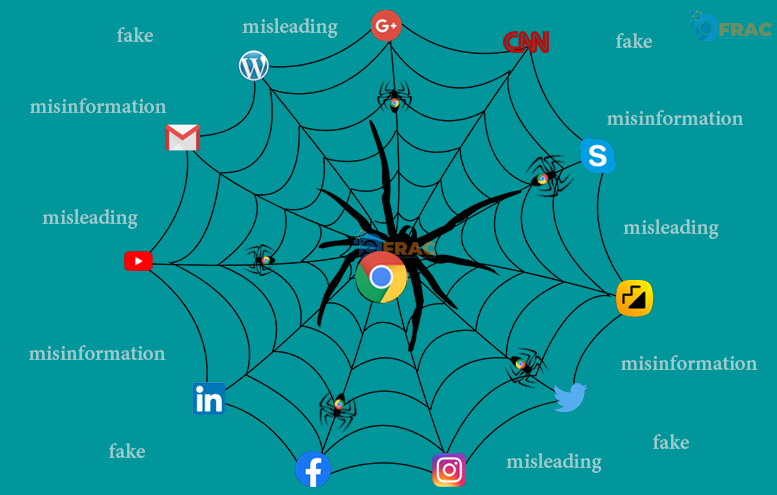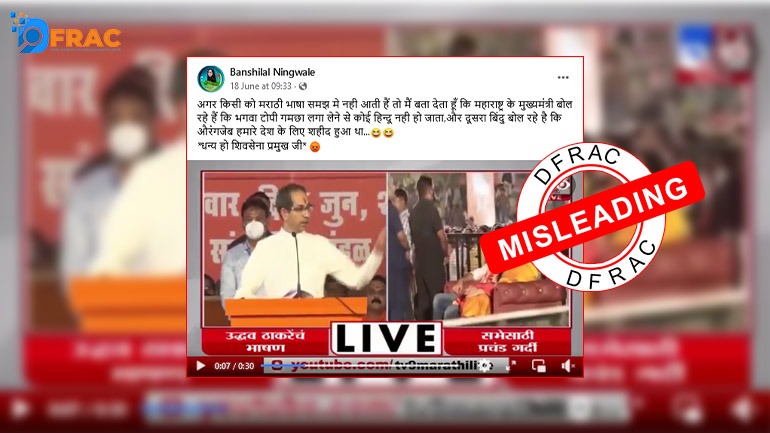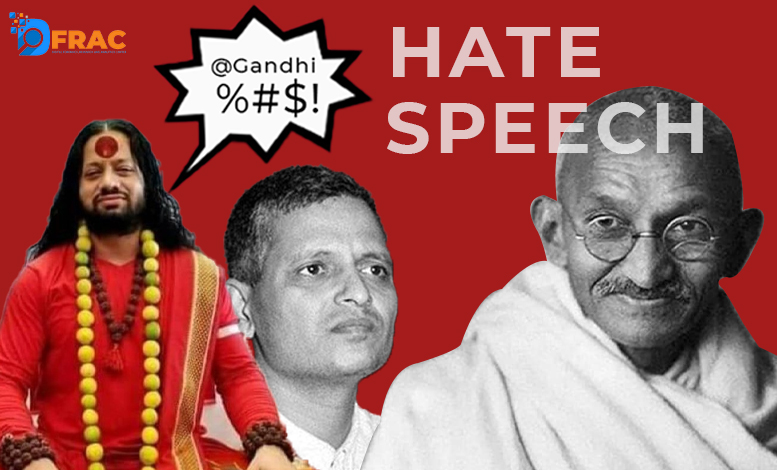Humans who designed search engines and algorithms behind those are now increasingly falling prey to the same.
The algorithms are like a stray yet mysterious spider, which nobody knows which way will go or what direction and to what extent will cast its web.
Several companies around the world are reaping benefits of this uncontrolled means by constructing ambiguous algorithms which trace your search pattern and give widely unfruitful results on search. There companies sometimes as big as google and Facebook then are accused of data leaking or selling.
Fake news is emerging as a big problem all over the world. Internet search engines, websites and social media play a major role in dissemination of such information. In fact, there are some algorithms used by these platforms, which are often accused of manipulation of information.
The complexities of Algorithm
It is an invisible but essential program of the computer which is designed to solve the problems faced in computer programming. Algorithms are needed to do the job of filtering content in huge databases. They also run our Google searches, our Facebook feeds, and sometimes censor unwanted content (violence, pornography, racist content).
Some algorithms are too complex and sensitive to create their own artificial intelligence based on our data. Algorithms help us find information that works for us from the wealth of information spread across the Internet.
But our problem is that we just look at these algorithms and the companies that use them.
Algorithms help us form opinions. Facebook was accused of helping Donald Trump during the 2016 US presidential election. He was accused of spreading false and false information on Facebook against his rival Hillary Clinton.
On the question of fake news, the job of ‘social media algorithms’ is to spread the most viewed information to the people without cross checking, which is why the task of spreading fake news becomes easy. Such conspiratorial content gets more traffic especially on YouTube. Some observers believe that the algorithm could be used ‘to serve human freedom’. Several non-governmental groups are demanding transparency with the algorithm.
Weak laws
As much as algorithms play spoilsport in giving accurate information, it is also the responsibility of the users or consumers to rectify it. As far as the primary responsibility of companies is concerned in building an algorithm that gives clear results on search, we should not forget that their primary aim is to also make profit by giving out services. And that precisely raises the issue of ethics, which can be controlled by laws.
India has an IT Act, under which there are provisions, but this law is not very clear. Apart from this, the police or other investigative agencies of most states have very little knowledge about the IT Act. This is the reason why most of the cyber crime cases in the country are still registered under IPC instead of IT Act.
Apart from the police, most of the social media users in India also have no idea about the IT Act. In such a situation, people forward any viral post without thinking. Apart from this, most of the social media platforms and search engines like Facebook, Whats App and Google do not have servers in India. Because of this, these service providers are neither bound by the Indian laws nor strictly follow the instructions of the government.
Many such cases have come to the fore, in which social media platforms have refused to give information to other investigating agencies including the police even in cases of serious crime.
Now that new IT rules have come, but several IT giants are reluctant in complying with it calling it an attack on their freedom.
In such a case, the onus also falls on the end user or consumer to play safe and not believe any information thrown at them randomly by the search engines.
Drill to debunk such misinformation
While reading the news, first of all check the source or website. Understand its purpose and get contact information. Only then will you be able to understand whether you are reading the news or satire or opinion.
Beware of unusual and high level domain names like .com.co etc. Don’t believe it at a glance because many times these are used to look legitimate.
If the article contains spelling errors or overuse of dramatic punctuation, your ears should be raised here as well. Reputable institutions have a high level of proofreading.
Check out similar news and headlines. Verify information from other websites. This is a better way to separate opinion from news.
A better way to check the veracity of a news story is to know the author. See if the author has a qualification on the subject. whether the subject is credible or not.
Click on the helpful link and do a reverse search on the photos. See if they really support the story, or are irrelevant. Sometimes old news stories are re-shared and get attention due to current events. This does not mean that the old news is relevant even in the present contexts.
The most important and important point to note is the proportion of profiteering aspects in the news and how useful it is to the consumers.
In case of unusual facts, try to contact the concerned expert in the field and do a proper investigation.





